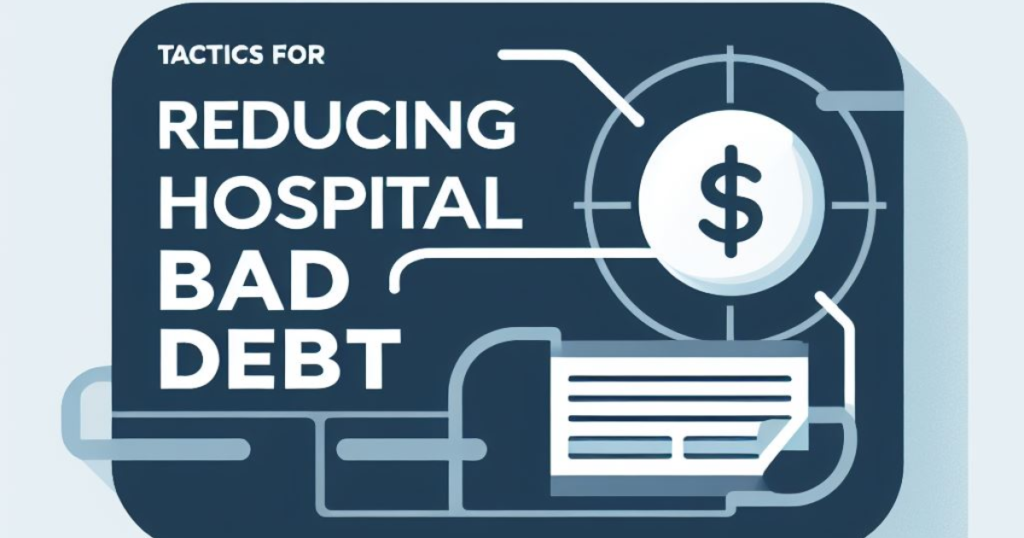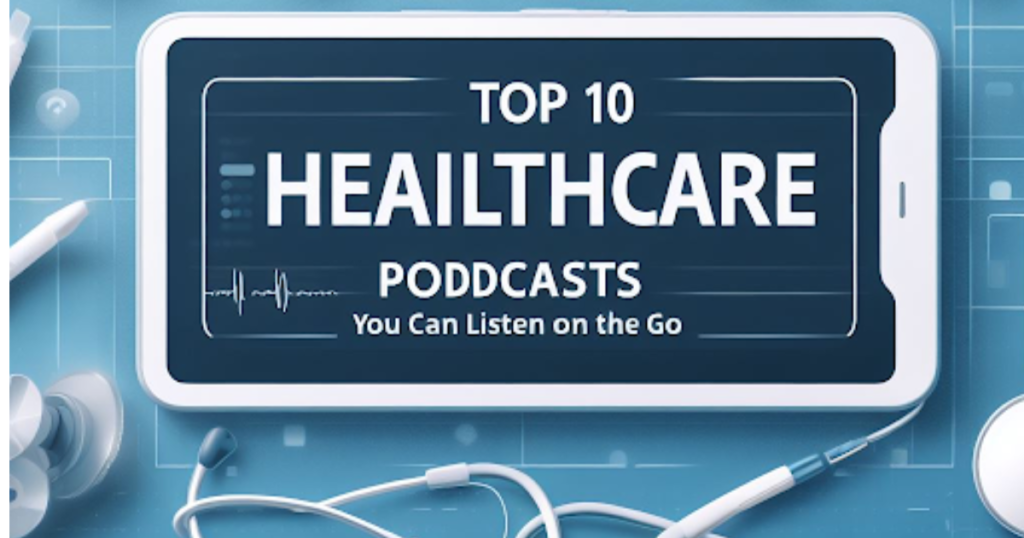AI in healthcare involves computer algorithms and programs performing tasks that typically require human intelligence. It might promote efficiency, lower costs, and improve patient outcomes.
However, there are obstacles to the use of AI in healthcare, such as high prices, moral and legal concerns, and some more.
Notwithstanding these difficulties, AI has a wide range of applications in the healthcare industry, here’s a glimpse into it.
Immediate Challenges in the Field of Healthcare Technologies
A significant challenge is the high cost and complexity of adopting AI technologies in the healthcare industry among others. It is essential to address these issues if AI is to be successfully incorporated into healthcare. This list of difficulties is provided below:
- High Cost and Difficulty in Implementing AI Systems – Developing and implementing AI systems can be expensive and challenging.
- Resistance to Change among Healthcare Professionals – Healthcare workers may be hesitant to adopt new AI technologies due to fear of job loss or lack of understanding.
- Lack of Trust in AI Systems among Patients – Patients may be uncomfortable with the idea of AI making healthcare decisions, preferring a human touch.
- Legal and Ethical Issues Regarding the Use of AI in Healthcare – Issues surrounding data privacy, bias, and accountability must be addressed to ensure the ethical and legal use of AI in healthcare.
Possibilities of AI in the Field of Healthcare Technologies
The possibilities of AI in healthcare are vast and include improving patient outcomes, and reducing costs, among others. Some specific possibilities of AI in healthcare technologies are:
Business Applications of AI in Healthcare
AI can be utilized to improve decision-making, expedite processes, and improve patient experiences.
1. Better Patient Care and Outcomes – AI can help medical professionals identify disorders and provide individualized treatment regimens, improving patient outcomes.
As an illustration, IBM Watson Health uses AI to examine medical information to assist doctors in creating individualized treatment regimens for cancer patients.
2. More Effective Resource Management – AI can assist healthcare practitioners in better-managing resources, such as streamlining staff schedules and decreasing patient wait times.
Example: AI-powered scheduling software, like LeanTaaS, uses machine learning to optimize staff schedules and improve patient flow.
3. Reduction in Medical Errors – AI can help reduce errors in diagnosis, treatment, and medication by analyzing vast amounts of medical data.
Example: AI-powered diagnostic tools, like IDx-DR, can accurately diagnose diabetic retinopathy, reducing the risk of misdiagnosis and blindness.
4. Increased Profitability for Healthcare Providers – AI can help healthcare providers identify inefficiencies and cost-saving opportunities, leading to increased profitability.
Example: AI-powered revenue cycle management software, like Olive, can automate administrative tasks and identify revenue opportunities, leading to increased profitability for healthcare providers.
Maintenance Challenges of AI Systems in Healthcare
AI can predict and prevent equipment breakdowns, reducing downtime and maintenance costs.
1. System Reliability and Accuracy – AI systems must be reliable and accurate. Regular maintenance and updates are necessary to ensure optimal performance.
Example: GE Healthcare’s Edison platform uses machine learning algorithms to analyze medical data to improve patient outcomes. Regular maintenance and updates ensure optimal performance.
2. Security and Data Privacy Concerns – Healthcare data is sensitive and must be protected. AI systems must be secure and comply with data privacy regulations.
Example: Microsoft’s Healthcare Bot is a secure AI-powered chatbot that can assist patients with healthcare inquiries, complying with data privacy regulations.
3. Technical Support and Training – Healthcare providers must have access to technical support and training to effectively use AI systems.
Example: Philips provides technical support and training for its AI-powered diagnostic tools, ensuring healthcare providers can effectively use them.
4. Integration with Existing Healthcare Systems – AI systems must integrate with existing healthcare systems to be effective. This can be challenging due to the complexity of healthcare systems.
Example: NVIDIA Clara AGX is an AI platform that can integrate with existing healthcare systems to improve medical imaging and diagnosis.
Sources of Inspiration for the Development of AI in Healthcare
AI can be used to analyze data from various sources to inform medical research and development.
1. Success Areas of AI in Other Industries – AI has been successful in industries such as finance and manufacturing, inspiring its use in healthcare.
Example: JP Morgan Chase uses AI to analyze financial data and detect fraud, inspiring the use of AI in healthcare data analysis.
2. Growing Demand for Personalized Medicine – Patients are increasingly demanding personalized treatment plans based on their unique medical data, inspiring the use of AI in healthcare.
Example: AI-powered diagnostic tools, like Paige.AI, can almost accurately diagnose cancer and develop personalized treatment plans based on a patient’s medical data.
3. Increasing Awareness of the Importance of Preventive Care – Preventive care is becoming more important as healthcare costs rise, inspiring the use of AI in identifying and preventing diseases.
Example: AI-powered chatbots, like Babylon Health, can assist patients in identifying and preventing diseases through early detection and personalized recommendations.
4. Rising Healthcare Costs and Need for Efficiency – Healthcare providers are looking for ways to reduce costs and increase efficiency, inspiring the use of AI in healthcare.
Example: AI-powered revenue cycle management software, like Olive, can automate administrative tasks and identify cost-saving opportunities for healthcare providers.
The Potential of Electromagnetic Waves in Healthcare
To identify and classify medical disorders, artificial intelligence can examine electromagnetic waves.
1. Electromagnetic waves can be used to conduct X-rays, MRIs, and CT scans, among other medical imaging procedures.
For instance, MRI scans may create exact images of the organs and tissues inside the human body using electromagnetic radiation.
2. Benefits and drawbacks of employing electromagnetic waves in medicine Benefits of electromagnetic waves include their capacity to penetrate tissues and provide finely detailed images. Yet, they might be harmful, like being exposed to ionizing radiation.
For instance, X-rays can expose people to high levels of ionizing radiation, which is risky even though they are beneficial for medical imaging. MRI scans are safer because of the strong magnetic fields but may not be suitable for many people.
Use of RFID Chips in Healthcare
Radio Frequency Identification is referred to as RFID. It is a wireless technology that identifies and tracks persons or objects using radio waves.
As an illustration, retail establishments frequently track inventories using RFID tags.
1. RFID in Healthcare Applications – RFID technology can be used in healthcare settings to track medical supplies and equipment, monitor patient safety, and identify both patients and staff.
To track the use and upkeep of medical equipment, RFID tags can be affixed to it.
2. Advantages and Drawbacks of RFID in Healthcare – RFID technology can enhance healthcare efficiency, security, and patient outcomes. It could potentially be disadvantageous, though, due to issues with privacy and technical difficulties.
By ensuring that patients are given the appropriate medication, RFID tags can, for instance, assist reduce medical blunders.
Conclusion
As a result of improving patient outcomes, lowering costs, and boosting efficiency, AI has the potential to completely alter the healthcare sector.
The relevance of artificial intelligence (AI) in healthcare is acknowledged by Apaana Healthcare, and we are dedicated to using technology to enhance patient care and outcomes. Our skilled team is committed to creating ground-breaking answers to problems in the healthcare sector and enhancing patient experiences.
Find out more about our offerings and how we can support your healthcare provider in maximizing the effectiveness and patient outcomes of AI.
References
- Wang, Y., Huang, C., Peng, Y., Yan, Z., Wen, Q., & Wu, T. (2021). Artificial intelligence in healthcare: Past, present and future. American Journal of Translational Research, 13(3), 2009–2030.
- Topol, E. J. (2019). High-performance medicine: The convergence of human and artificial intelligence. Nature Medicine, 25(1), 44–56.
- Almeida, J. S. (2019). Predictive analytics in healthcare: How AI can advance human health. Biomedical Journal, 42(4), 223–229.
- Yeo, Y., Wang, H., & Wu, X. (2021). Applications of artificial intelligence in healthcare. Journal of Healthcare Engineering, 2021, 1-2.
- Wright, A., McCoy, A. B., Hickman, T. T., Hilaire, D. S., Borbolla, D., & Bowes, W. A. (2021). AI in health care: current applications and limitations. American Journal of Roentgenology, 217(1), 47-53.
- Jha, S., & Topol, E. J. (2016). Adapting to artificial intelligence: Radiologists and pathologists as information specialists. JAMA, 316(22), 2353–2354.
FAQs
How is AI used in healthcare?
AI is used for diagnostics, personalized medicine, administrative automation, patient monitoring, and predictive analytics in healthcare.
What does AI mean in healthcare?
In healthcare, AI refers to the use of algorithms and machine learning to analyze data, enhance decision-making, and improve patient outcomes.
What is the most common AI in healthcare?
Machine learning for diagnostics and predictive analytics, and natural language processing (NLP) for clinical documentation are among the most common AI applications.
What is the future of AI in healthcare?
The future includes advancements in precision medicine, autonomous surgical systems, AI-driven drug discovery, and enhanced patient care through real-time data analysis.





